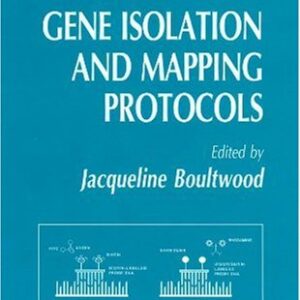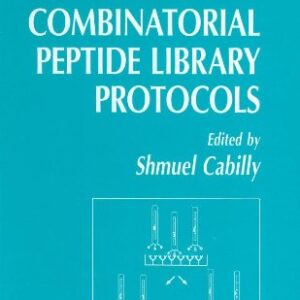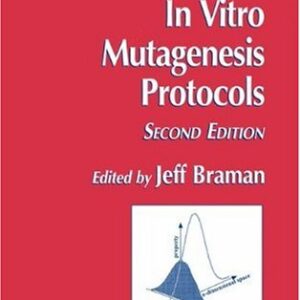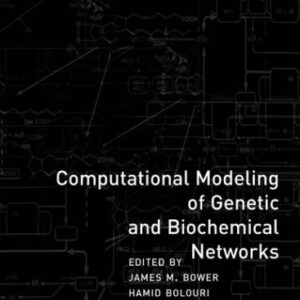The Eighth Annual Research Conference of the American Institute for Cancer Research, held in Washington, D.C., September 3-4, 1998, was on the subject “Colon Cancer Prevention: Dietary Modulation of Cellular and Molecular Mechanisms,” with participants representing various disciplines interested in this area. One of the speak? ers provided an appropriate quote from 17th century physician Thomas Adams: “Pre? vention is better than healing because it saves the labor of being sick,” which aptly describes the need for the prevention of cancer. An overview of normal and abnormal colonic development emphasized that although the typical human colon undergoes 1013 cell divisions by age 60, with the asso? ciated possibilities for error, relatively few colon tumors develop. Since dietary modu? lation leads to extremely small changes in colonic cells over a long period, animal models are useful to time, observe, and delineate the events associated with colon cancer. In the development colon cancer, the inactivation of the adenomatous polyposis coli (Apc) gene is one of the earliest known events. Normally Apc downregulates the cellular protein beta-catenin, but this is lost during cancer development. Beta-catenin may itself be an oncogene; it has a short half-life, but it is stabilized by binding to is more prevalent in the cell nucleus, the gene shuttles caherin. Although the Apc between the nucleus and the cytoplasm.
Biology
[PDF] Colon Cancer Prevention: Dietary Modulation of Cellular and Molecular Mechanisms Peter G. Traber (auth.)
$19.99

![[PDF] Colon Cancer Prevention: Dietary Modulation of Cellular and Molecular Mechanisms Peter G. Traber (auth.)](https://pdfelite.com/wp-content/uploads/2024/04/07f625643b9c40fe84d1522dd8fa3985-d.jpg)




Reviews
There are no reviews yet.